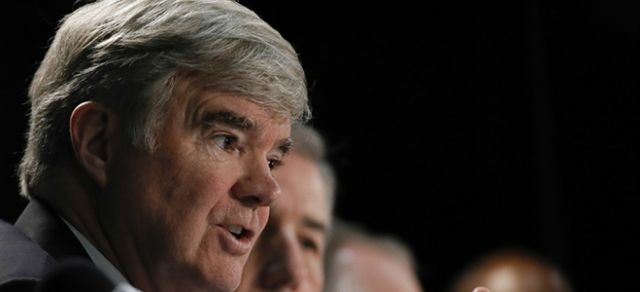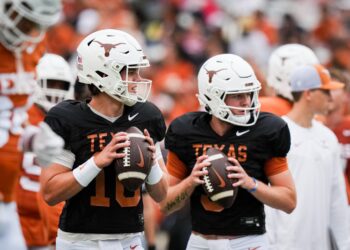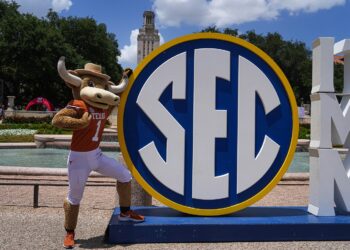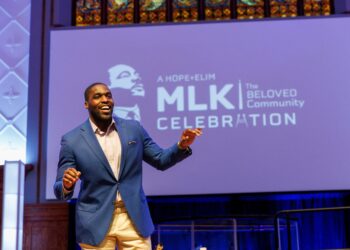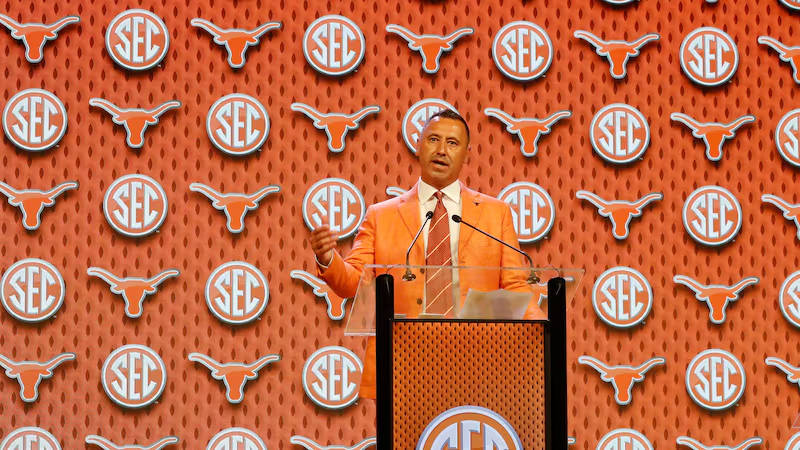“Change is the law of life. And those who look only to the past or present are certain to miss the future.”
– John F. Kennedy
Humans seek stability. Stability is predictable and it keeps us safe. I believe most creatures on planet Earth seek stability in one form or another. So when a person or entity comes into the picture and wants to change things, people are always resistant to the change.
Such is the case with the NCAA and the student-athlete. For generations, the NCAA model has rarely been challenged. People love the idea of a young adult not playing for money but for the love of the university and the game. It’s a romantic notion.
Most who watch sports played organized sports at some point in their childhood. When we watch sports, we remember the “good ole days” of playing as kids. As I am writing this, I remember my days on the baseball field, playing in the twilight with the smell of dirt and Big League chewing gum filling the air. It fills me with joy knowing that I had a fulfilling childhood.
Unfortunately, we all grow up. We begin to take care of ourselves and in some cases, our families. The fortunate ones have their families help them through the transition from childhood to adulthood by taking care of certain aspects of adulthood while the young adult tries to establish their place in the world. Some don’t have that luxury.
Part of the perception issue with the current collegiate model is that the public identifies with kids from the “well-off” families. Many recruits come from very poor backgrounds, where to get to a football game their family has to take the public bus system. Where families give up groceries so they have enough money to participate in a camp so maybe they get noticed by a college scout…all in hope of getting a scholarship.
If they get that scholarship, players must stay at least 3 years at that school before they can go to the NFL. During that time in school, that players’ likeness might show up on posters, tickets, jerseys and t-shirts without them receiving a dime. Up until this coming school year, student athletes couldn’t even get money for something to eat when the dining halls were closed because that would be an NCAA violation.
Now to be fair, I was on the record last year against this issue. I even wrote an article on another website spelling out the issues with giving players even a small stiped.
After writing that article, I did some soul searching. I found some glaring hypocrisies in the amateurism stance that the NCAA and it’s member institutions enforce. I remembered being a student at University of Missouri and being in the official team store when I saw a Kellen Winslow jersey from the 1983 Liberty Bowl. It was a replica jersey but it had his name and number on it. After that recollection, I thought to myself “Is he getting any money from those jersey sales?” The answer was no. Then, I also recalled that universities auction off game worn jerseys and helmets. Who’s jerseys go for the most money? I will give you a hint, it’s not the walk-on’s jersey.
I don’t believe universities are horrible. I want to believe in the notion that the universities are trying to give opportunities to students who wouldn’t have one without these scholarships. Unfortunately, when I read the NLRB’s ruling on Northwestern players spending 50-60 hours a week all year doing football related activities and see the North Carolina academic scandal, I lose faith in that notion.
These universities aren’t putting these student-athletes in the best position possible to achieve academically. Some just want to keep them eligible so they can win football and basketball games. That’s not right.
Judge Wilkens put amateurism in the NCAA another way:
So what did the O’Bannon case ruling tell us? The NCAA operating under the guise of amateurism is dead. Certain players will be compensated for their likeness.
But other issues still remain. Should players receive a wage? Do all student athletes get a wage even if their sport doesn’t produce a profit? What are the Title IX implications? How much is it going to cost the fans when average income in the USA has been stagnant since the 1980s? Those questions have yet to be answered but they will be in time.
It’s the dawn of a new era in college athletics and we must listen to the words of JFK and embrace change because it is the future.


